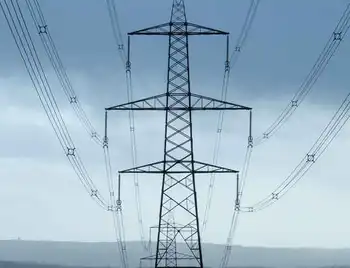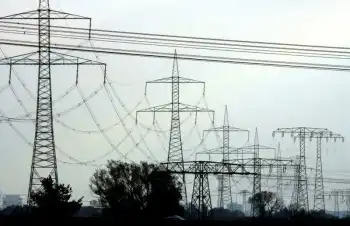Utilities in U.S. Southeast call off grid effort
WASHINGTON - - A group of huge utilities in the U.S. Southeast including Southern Co. Inc. and Entergy Corp. said recently they suspended efforts to create a regional power grid, citing regulatory concerns.
In a statement, the utilities said they had called off a plan to weave their transmission networks together to create the so-called SeTrans grid, which would have extended over eight states from South Carolina to Louisiana.
Citing conflicts between state regulators and the Federal Energy Regulatory Commission (FERC) over the agency's plan to create "regional transmission operators (RTOs)," participating utilities said they "decided unanimously to suspend the SeTrans effort."
"It is highly unlikely that consensus support and acceptance for the SeTrans RTO will be forthcoming from all applicable state and federal agencies," the utilities said in a statement. FERC proposed the rules to combine electric utilities' patchwork transmission grids into pooled networks to reduce bottlenecks, boost supplies and lower consumer costs.
Southeast utility commissioners have raised an upswell of protest. They have complained that the region already has cheap power and that FERC's new rules would saddle their ratepayers with the cost of building new transmission grids to benefit users in other states. Southern lawmakers including Republican Senators Richard Shelby of Alabama and Trent Lott of Mississippi inserted language into comprehensive energy legislation before the Senate which would delay the FERC grid plan until 2007.
Related News

In a record year for clean energy purchases, Southeast cities stand out
HOUSTON - Cities around the country bought more renewable energy last year than ever before, with some of the most remarkable projects in the Southeast, according to new data unveiled Thursday.
Even amid the pandemic, about eight dozen municipalities contracted to buy nearly 3.7 gigawatts of mostly solar and wind energy — enough to power more than 800,000 homes. The figure is almost a quarter higher than the year before.
Half of the cites listed as “most noteworthy” in Thursday’s release — from research groups Rocky Mountain Institute and World Resources Institute — are in the region that stretches from Texas to…




